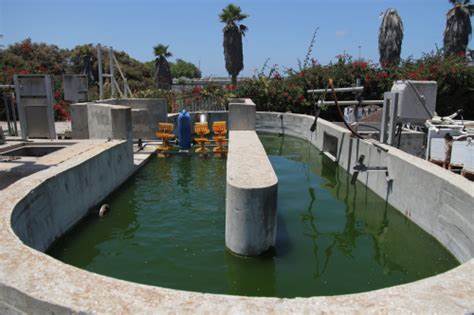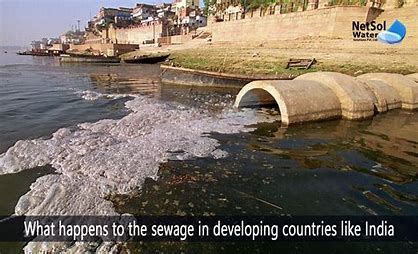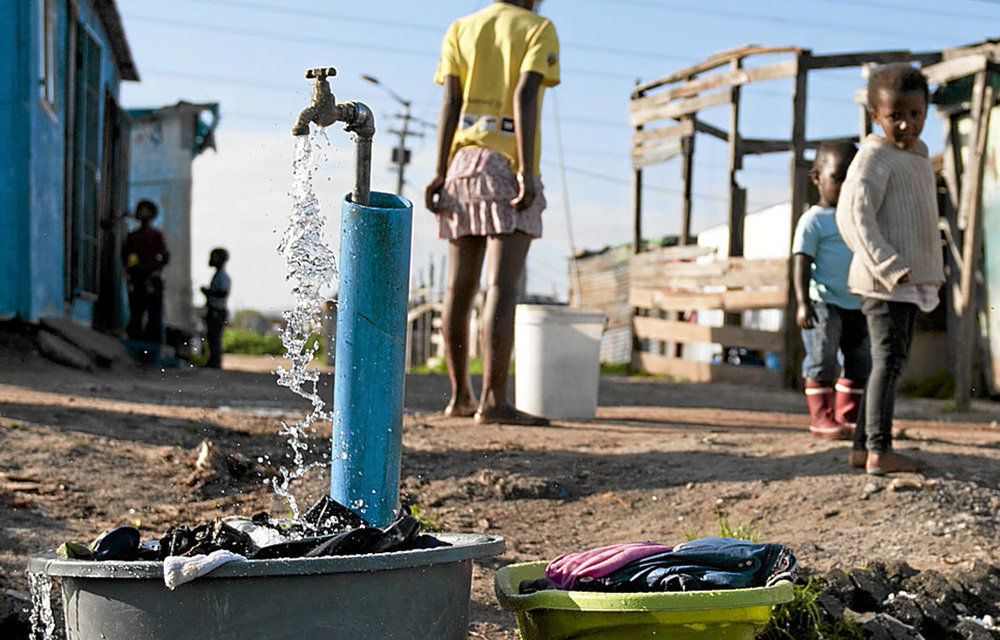
Introduction
Wastewater treatment in developing countries is a critical topic that deserves attention due to its significant impact on public health, environmental preservation, and sustainable development. This article provides an overview of the historical background, key concepts, main discussion points, case studies, current trends, challenges, future outlook, and the importance of wastewater treatment in these regions.
Historical Background
Wastewater treatment in developing countries has evolved over the years, influenced by historical events and policies. This section delves into the historical background, highlighting the progression of wastewater treatment technologies and practices in these regions.
Key Concepts and Definitions
In order to fully grasp the importance of wastewater treatment in developing countries, it is crucial to define wastewater and its composition. Additionally, this section explains the concept of wastewater treatment and sheds light on the unique challenges that developing countries face in implementing effective wastewater treatment strategies.

Main Discussion Points
Point: Challenges in wastewater treatment infrastructure
Developing countries encounter numerous challenges in establishing and maintaining adequate wastewater treatment infrastructure. This subsection explores the lack of sanitation facilities, insufficient funding for infrastructure development, and limited access to clean water for treatment processes.
Point: Innovative approaches to wastewater treatment in developing countries
In response to the challenges mentioned above, developing countries have embraced innovative approaches to wastewater treatment. This subsection discusses decentralized wastewater treatment systems, low-cost and low-tech solutions, and the adoption of nature-based solutions, showcasing their potential in overcoming infrastructure limitations.
Point: Health and environmental impacts of inadequate wastewater treatment
The inadequate treatment of wastewater poses severe health and environmental risks. This subsection examines the spread of waterborne diseases, contamination of surface and groundwater sources, and the detrimental impact on biodiversity and ecosystems in developing countries.
Case Studies or Examples
Case study: Successful wastewater treatment projects in a specific developing country
This case study highlights a successful wastewater treatment project implemented in a specific developing country. It provides an overview of the project and delves into the results and impact achieved, demonstrating the potential for effective wastewater treatment solutions.

Case study: Challenges faced by a developing country in implementing wastewater treatment solutions
This case study focuses on the challenges encountered by a developing country in implementing wastewater treatment solutions. It provides context and background information on the country and explores the issues faced, along with the lessons learned from these challenges.
Current Trends or Developments
This section explores the current trends and developments in wastewater treatment technologies specifically tailored for developing countries. It discusses innovative technologies, research findings on cost-effective and sustainable solutions, and international collaborations and initiatives addressing wastewater treatment in these regions.
Challenges or Controversies
Controversies surrounding the use of specific wastewater treatment technologies are examined in this section. Conflicting viewpoints on the prioritization of wastewater treatment in limited resource settings are also explored, along with the challenges in ensuring the long-term sustainability of wastewater treatment systems.

Future Outlook
The future outlook for wastewater treatment in developing countries is optimistic, with potential advancements in technologies that can overcome the current challenges. This section also presents policy recommendations for improving wastewater treatment in these regions and emphasizes the role of education and awareness in promoting sustainable wastewater management.
Conclusion
In conclusion, this article provides an overview of wastewater treatment in developing countries. It summarizes the main points discussed, reinforces the importance of wastewater treatment in these regions, and calls for further research and investment in this crucial area.




